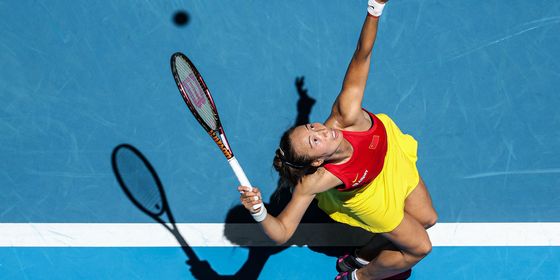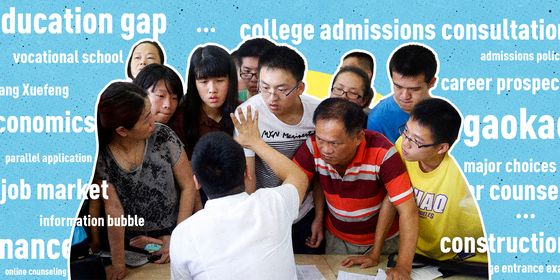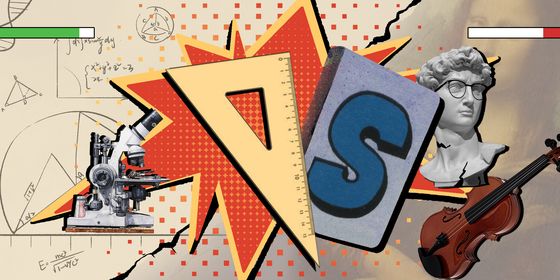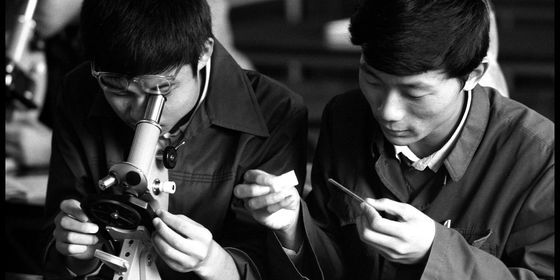New improvements to the annual exam
The month of June is upon us, and the suspenseful week of gaokao will soon follow.
Short the National Higher Education Entrance Examination (高等学校招生全国统一考试), the gaokao is probably the most important moment of most Chinese high school students’ careers, annually forcing cities to go into “quiet mode” with factory closures and police banning unnecessary car honking. Some changes to gaokao policy this year, though, might affect students’s experience of the annual stress fest.
Cancellation of bonus points
The first adjustment, announced by the Ministry of Education in March, is the cancellation extra points awarded to students who win sports or math and science contests.
Although this change disadvantages those who depend on the extra points to their dream colleges, some of the reasons that the MOE offered for this change are that these awards are easy to fake, and that it might encourage students to take part in these extracurricular activities for points instead of genuine interest.
Zhuangyuan no more
The second ban, issued on May 8, states that the top scoring students in the gaokao can no longer take part in commercial activities on behalf of their school or companies.
With the hope of easing the stress that students feel, this policy strictly prohibits schools and local ministries from giving publicity to their top scorers, with “serious consequences” if they violate this rule. This rule change has become one of the most discussed topic in Weibo.
Up until last year, top scorers, known as gaokao zhuangyuan (高考状元) based on the ancient honor given to the top civil service examinee, were celebrated, but their accolades went far more than just simple congratulations.
In recent years, zhuangyuan in several cities have been reported to receive financial bonuses, ranging from cash to cars and even a house.
Then there are companies that approach zhuangyuan and pay them to promote various products.
Moreover, teachers of zhuangyuan tend to get promoted, and their schools benefit from the publicity by increased enrollment.
The announcement sparked discussions on Weibo, these discussions ranges from those that supports the ban, commenting that “This is a good start,” to those that finds it “rather weird,” questioning why it’s necessary to ban academic idols but fine to publicize celebrities. Then there are those who joke: “So what’s the use of getting the first place?” Time will tell whether this policy changes will affect the students (and their families) attitudes’ and experience of the gaokao.











